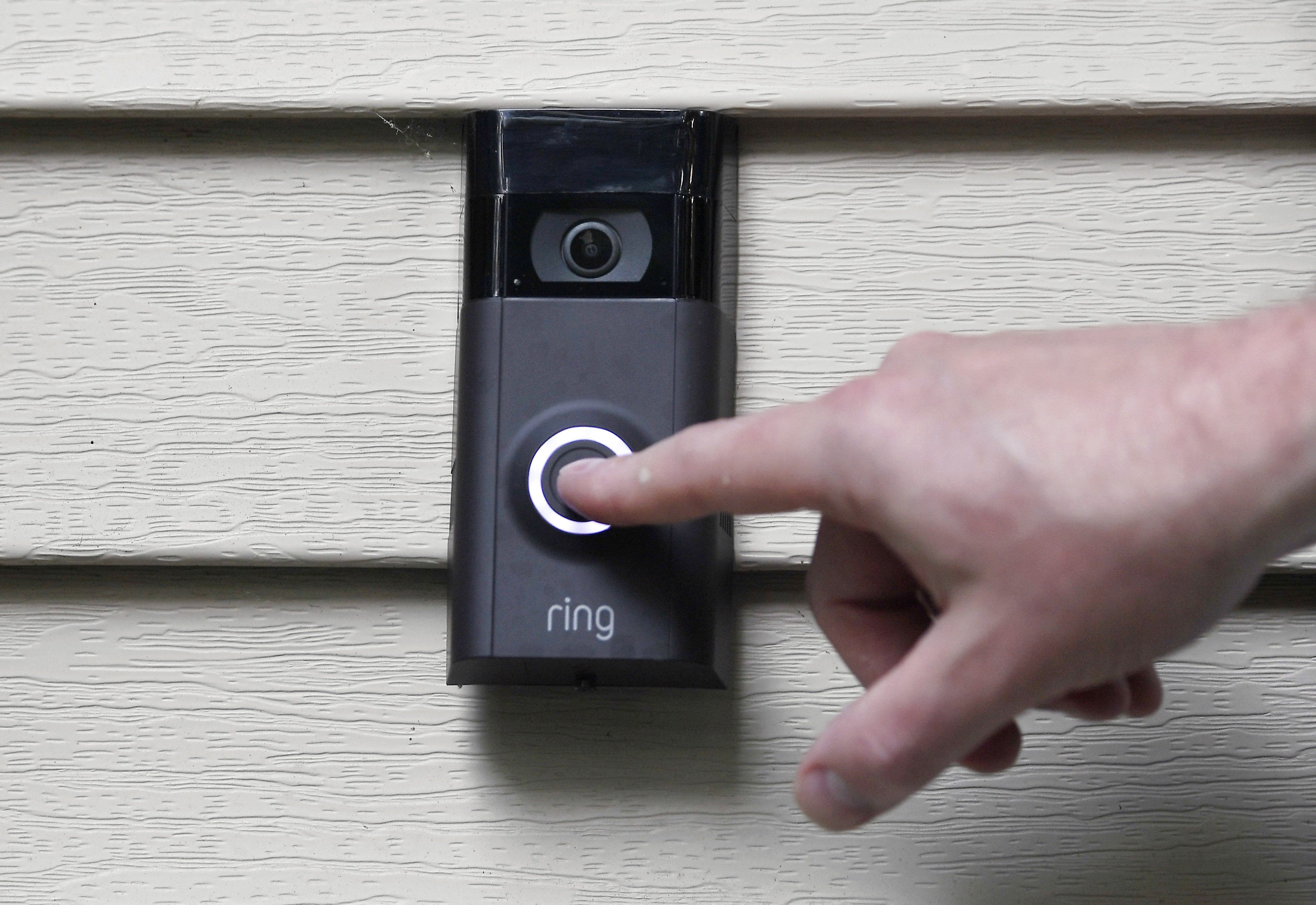A newly published study suggests e-cigarette vapor hinders the immune system and boosts superbug bacteria in the body, according to researchers at the UC San Diego School of Medicine and Veterans Affairs San Diego Healthcare System.
The researchers carried out their experiments on mice in the lab, exposing one group to e-cigarette vapor for one hour a day, five days a week, for four weeks. They discovered that inflammatory markers – signs of inflammation throughout the body – in the mice’s airways and blood were 10 percent more elevated than in unexposed mice.
“This study shows that e-cigarette vapor is not benign — at high doses it can directly kill lung cells, which is frightening,” said senior author Laura E. Crotty Alexander, MD, in a statement. “We already knew that inhaling heated chemicals, including the e-liquid ingredients nicotine and propylene glycol, couldn't possibly be good for you. This work confirms that inhalation of e-cigarette vapor daily leads to changes in the inflammatory milieu inside the airways.”
Bacterial pathogens, on the other hand, benefited from the vapor. Staph infections in particular thrived more easily in the body when exposed to e-cigarettes.
Likewise, all normal mice infected with the superbug MRSA (methicillin-resistant S. aureus) survived the dose. However, 25 percent of mice that had been exposed to e-cigarette vapor died when infected with MRSA, according to the study.
The same outcome took place when the researchers used seven different brands of e-liquids. They say that means the findings hold true no matter what kind of e-cigarette is used.
“Some of the changes we have found in mice are also found in the airways and blood of conventional cigarette smokers, while others are found in humans with cancer or inflammatory lung diseases,” said Alexander.
U.S. & World
The study was published in the Journal of Molecular Medicine on Jan. 25 and was funded by the U.S. Department of Affairs.



